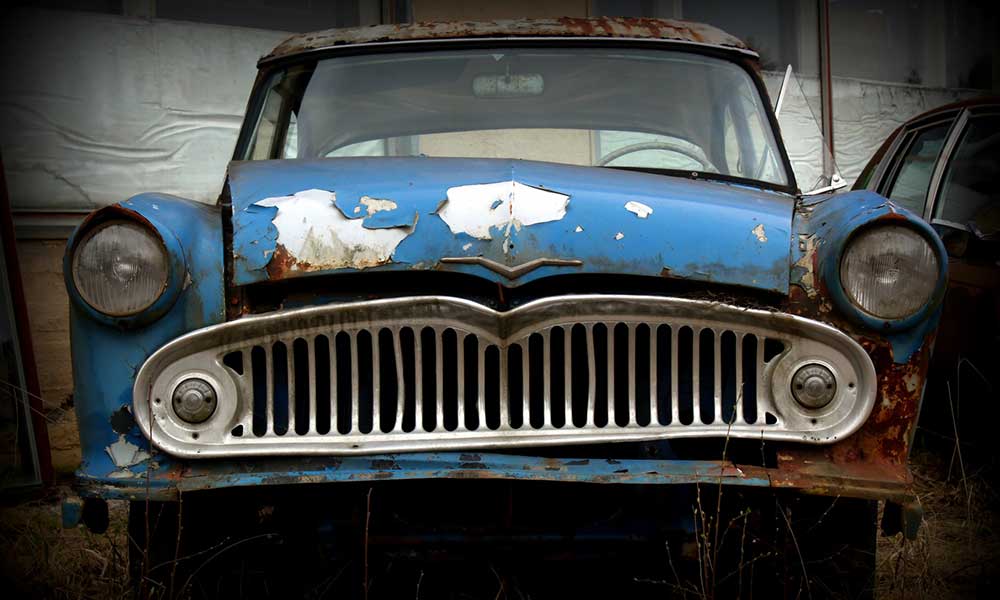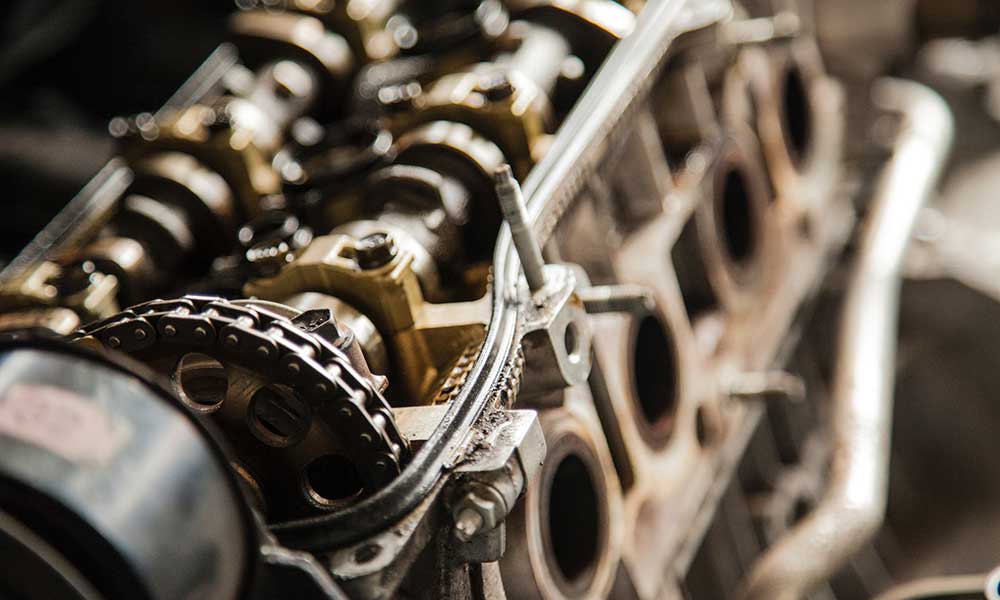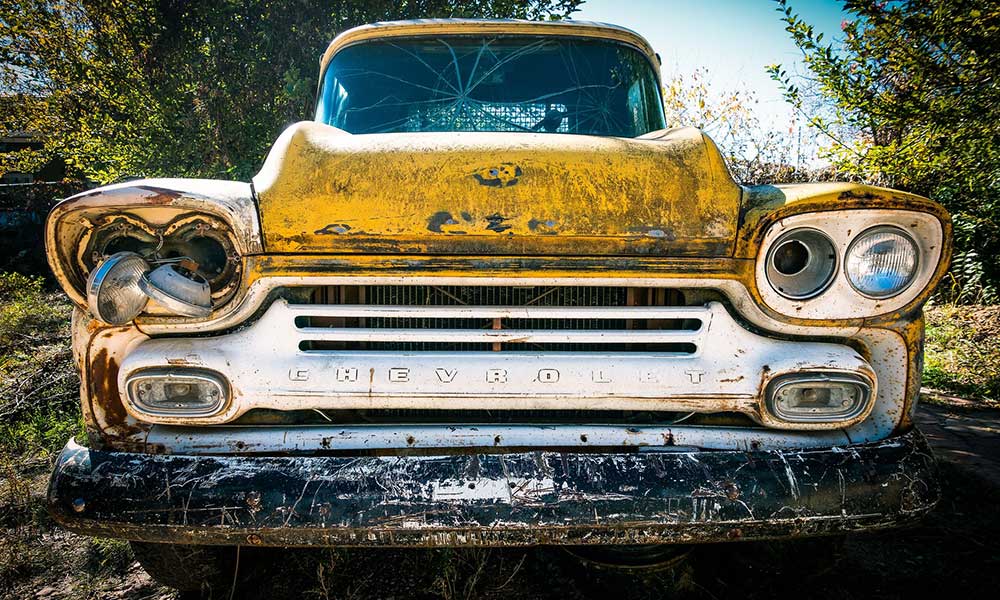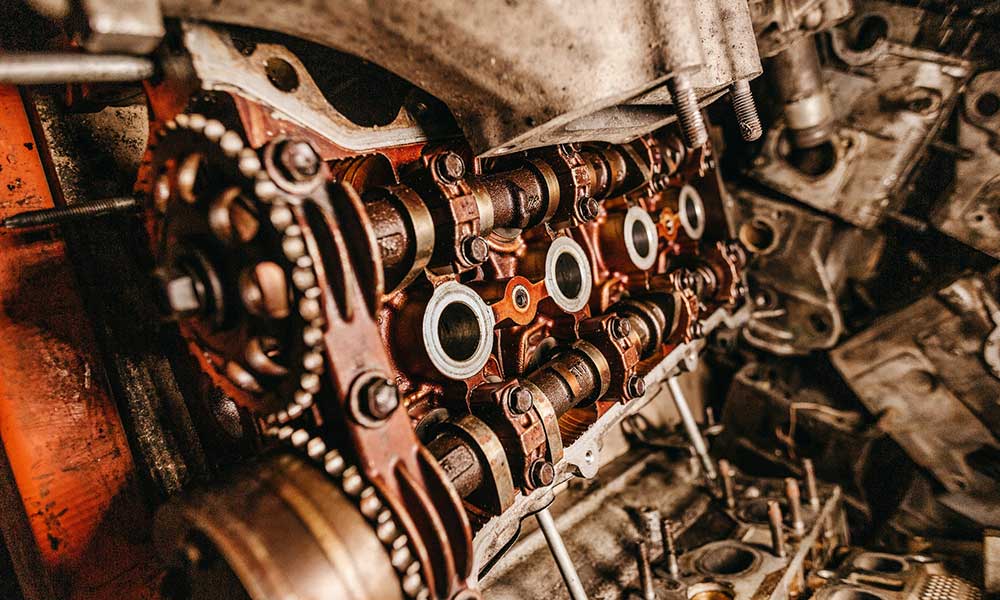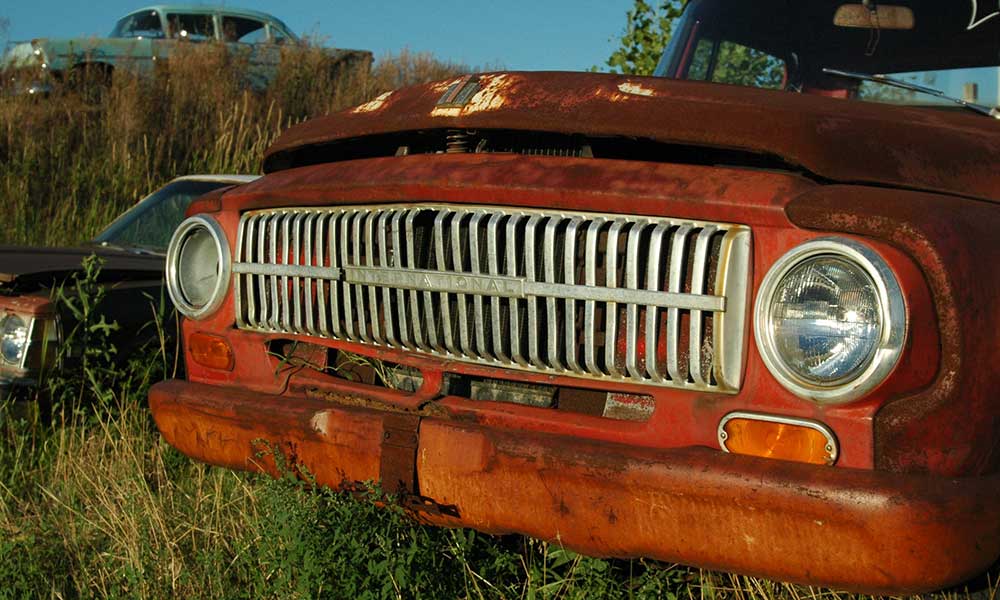Donating your car is an awesome thing to do. Thank you for considering the needs of other people. To donate your car in California, there are a few things you need to do. We’ll help walk you through how to donate a car in California.
Determine if Your Car is Eligible for a Donation
There are different charities in California, and each charity has its criteria for the types of vehicles accepted for donation. In California, the following types of vehicles are accepted for donation:
- Commuter type vehicles
- Sedans
- Compact cars
- Convertible cars
- Vans
- SUVs
- Sports cars
- Motorcycles
- Pickup trucks
- Recreational vehicles
- Motorhomes
- Popup trailers
- Hybrid trailers
- Travel trailers
- 5th Wheels
- Special vehicles
- ATVs
- Snowmobiles
- Golf carts
- Sailboats
- Electric boats
- Pontoon boats
- Yachts
- Fishing boats
- Jet skis
- Fleet vehicles
- Trucks
- Buses
- Vans
- Taxis
Preparing for Donation
To prepare to donate a vehicle in California, you need to make sure you have the following:
- A duplicate title application or title transfer forms
- A duplicate of the completed title
- Evidence of a valid auto insurance policy
- The car’s registration card
- Proof of identity
- Payment for all applicable CA title transfer fees
The California Car Donation Process
So, you want to donate your car. That’s mighty thoughtful of you. You need to take these steps to donate your vehicle in California:
- Find a charity
- Follow the IRS requirements for car donations in California
- Fulfill the CA DMV requirements
- Cancel your auto insurance policy immediately after donating the car
IRS Requirements for California Car Donations
The Internal Revenue Service (IRS) requires donees (the individual/company receiving the car) to complete recordkeeping and filing procedures.
Recordkeeping Requirements
The name and address of the charity are required for the following:
- Deductions of less than $250
- Deductions of $250 or more, but no more than $500
- Deductions that are greater than $500, but no more than $5,000
- Deductions that exceed $5,000
The date of donation must be recorded for the following:
- Deductions of less than $250
- Deductions of $250 or more, but no more than $500
- Deductions that are greater than $500, but no more than $5,000
- Deductions that exceed $5,000
The place/location where you donated the vehicle is required for the following:
- Deductions of less than $250
- Deductions of $250 or more, but no more than $500
- Deductions that are greater than $500, but no more than $5,000
- Deductions that exceed $5,000
You must include a description of the vehicle for the following:
- Deductions of less than $250
- Deductions of $250 or more, but no more than $500
- Deductions that are greater than $500, but no more than $5,000
- Deductions that exceed $5,000
A contemporaneous written acknowledgment from the charity will be required for the following:
- Deductions of $250 or more, but no more than $500
- Deductions that are greater than $500, but no more than $5,000
- Deductions that exceed $5,000
Filing Requirements
A written acknowledgment is required for deductions that are more than $500, but do not exceed $5,000, and deductions that exceed $5,000.
Form 8283, Section A is required for deductions that are greater than $500, but not more than $5,000. Form 8283, Section B is required for deductions that exceed $5,000.
If the deduction is not limited to gross proceeds and the deduction exceeds $5,000, you will need a written appraisal.
Rules on Liability
In general, many state charity officials recommend the donor (the person donating the car) take responsibility for transferring ownership of the car by transferring the car’s title to ensure the termination of liability for the vehicle.
California DMV Requirements for Donating a Car
The California Department of Motor Vehicles (CA DMV) requires you to complete different steps to donate your car to charity.
Transferring Your Title to Charity
The car’s title is proof of ownership, and it must be transferred to the charity as part of the gifting process. If the charity of your choice regularly receives cars as donations, they will have a process to ensure the transfer of the car’s ownership is as simple as possible.
Make sure you take the vehicle’s title with you because it will need to be signed over to the charity. To sign the title over, you need to fill out all applicable fields on the title certificate, including the car’s current odometer reading. You and the charity’s representative may also be required to complete a title transfer application, which is available through the CA DMV. Also, you may be required to have the signatures on the car’s title certificate and the application forms notarized.
Notify the CA DMV of the Title Transfer
The completion of the title transfer process is the responsibility of the charity that’s receiving the car. However, it’s a good idea to notify the CA DMV that you have donated the car. By notifying the CA DMV, you can NOT be held liable for any liability that is associated with the car. You can notify the DMV by visiting the CA DMV’s website, or by vising your local CA DMV office.
Cancel the Car’s Registration
As soon as the car is no longer in your possession, you must cancel the vehicle’s registration. You may also be required to surrender the car’s license plates to the CA DMV.
Refunds
If you cancel the car’s registration before your next registration needs to be renewed, you may be eligible for a partial refund for the time your car will not be registered. You can check with the CA DMV for more information about registration refunds.
Surrender Your License Plates
In California, you are NOT required to surrender your license plates in this scenario. You may be able to transfer the license plates to a different car you own.
Cancel Your Auto Insurance Policy
You must contact your auto insurance provider once you donate the car. You want to cancel your auto insurance policy immediately. The auto insurance agent can inform you of the next steps once you cancel your auto policy.
Transferring Your Car’s Title to Charity
When you donate a car to charity, you are responsible for initiating the car title transfer process.
How to Transfer a Car Title in California
Any time the ownership of a vehicle changes, you must transfer the car’s title. To transfer the car title in California, follow these steps:
- The car’s seller or donor (person selling the car) must complete the appropriate sections on the car’s title
- The vehicle must pass a smog check unless the car is exempt
- Donee (the car’s buyer) must provide the ownership documents to the CA DMV
- The donee pays the $15 vehicle title transfer fee and taxes within 30 days
How to Cancel Your Auto Insurance Policy
Auto insurance companies can NOT cancel your auto insurance policy except for the following non-payment of your premium, misrepresentation, or other reasons that are approved by CA state law. You can cancel your auto policy by doing any of the following:
- Call the insurance company – call your auto insurance agent and discuss canceling your policy. Be advised that some auto insurance providers require you to sign a cancellation notice. You can ask your agent for more specific details about their cancellation process and ask them to send any cancellation documents that require a signature.
- Mail or fax the required paperwork – if you don’t want to call your agent, you can mail or fax the policy cancellation letter. The signed cancellation notice must include your full name, address, auto policy number, and the date of requested cancellation on a specific date.
- Visit your auto insurance agent’s office – if you have a local auto insurance agent, you can stop by their office and cancel your auto policy.
Once you cancel your auto policy, make sure you have a confirmation of cancellation notice from your auto insurance agent. This cancellation notice confirms your auto policy for the donated car is formally canceled. Your current auto insurance provider should also refund any pre-paid premiums minus the cancellation fees.
It’s important to read the fine print when you cancel your auto insurance policy. Most auto insurance companies make canceling your policy a straightforward process. However, other auto insurance providers may require some attention to detail.
Surrendering Your License Plates
Although you are NOT required to surrender your license plates in California, you can still do so if you choose. You also have other options when it comes to your CA license plates. If you’re surrendering your CA license plates, you can return them in person to the CA DMV branch or mail them. You can contact your local CA DMV branch and ask about the specifics of surrendering your license plates.
Since the state of California does not require you to surrender your license plates, you can choose to sell them online on a marketplace. You may be surprised to find out that your license plate could be a collector’s item! All kinds of vintage, custom, and other license plates can be highly valued.
You can also recycle your CA license plates. By recycling your license plates, you help decrease the carbon footprint of metal manufacturers by 95% by using recycled aluminum. You can send your CA license plates to the following recycling centers:
Overall Car Donation Benefits in California
When you donate your car, you may be eligible for different tax benefits and a variety of other benefits.
- Tax deductions – if you donate your car to a qualified charity, you may be eligible to claim a tax deduction on your federal income tax return.
- Convenient disposal – donating a car in California is a hassle-free process and a way to dispose of an old or unused vehicle.
- Supporting a cause – donating your car in California allows you to support a cause that is important to you, such as a local charity, environmental group, or animal rescue organization.
Tax Benefits of Donating a Car in California
In California, if you donate your car to a qualified charity, you may be eligible to claim a tax deduction on your federal income tax return. The exact amount of your tax deduction depends on different factors, including the fair market value of the vehicle and lax laws in California. Make sure you consult your tax professional or the IRS to determine the specific tax benefits of your car donation.
Finding a Reputable Charity
Finding a reputable charity can be a frustrating process because there are many to choose from. Follow these steps to help you find a charity that means something to you.
Choose a Cause
Choose a cause that is important to you, such as rescuing animals, environment safety and protection, medical charities, or education charities. Some charities can help your neighborhood, a specific area of the state, and law enforcement.
Confirm the Charity’s Legitimacy
There are a lot of charities available for donation. However, to help you narrow your search, you should check the charity’s legitimacy by confirming with a third party that the charity is legitimate, such as CharityWatch.org. There are a lot of individuals posing as reputable charities that have elaborate websites and fake reviews, so be careful.
Find Out How the Charity Will Use Your Donation
Since you’re donating a car, find out how the charity will use the car to make a difference. Some charities may donate the car to families in need, or use the car to help the elderly in the community get to and from their appointments.
Learn About the Charity’s Privacy Policy
A lot of charities record personal information, such as your name, address, and phone number for tax and ways to contact you for future donations. Make sure the charity of your choice doesn’t sell personal information to other non-profit organizations, telemarketers, or mailing houses.
California Car Donation FAQ
Do I Need to Notify the CA DMV if I Donate My Car?
Yes! You must notify the CA DMV immediately after donating your car to ensure you are not liable for anything regarding the car once it is donated.
How Do I Donate My Old Car in California?
To donate your old car in California, you need to find a charity that focuses on situations or events that matter to you, such as rescuing animals, helping your community, helping the environment, and other situations.
What is the Best Charity to Donate a Car to in California?
Choosing the best charity depends on what cause matters the most to you. It’s best to find a charity that is making a difference in something important to you. If you want to make a difference in the environment for the better, find a charity that focuses on ways to better the environment, such as recycling.
How Do I Notify the CA DMV of a Car Donation?
You can call your local CA DMV branch or appear in person and inform them of your recent car donation. They will let you know of any other steps that are required on your end as the car’s donor.
Can I Donate My Car Without a Smog Check in California?
No. Your car will need a smog check in California to ensure the car meets the CA laws like any other vehicle on the road in California.
Do You Need a Title to Donate a Car in California?
Yes. You need the car’s title to transfer ownership of the car you’re donating. You and the representative of the charity must sign the car’s title. However, once you provide the required signatures, the rest of the process is the responsibility of the charity representative.

